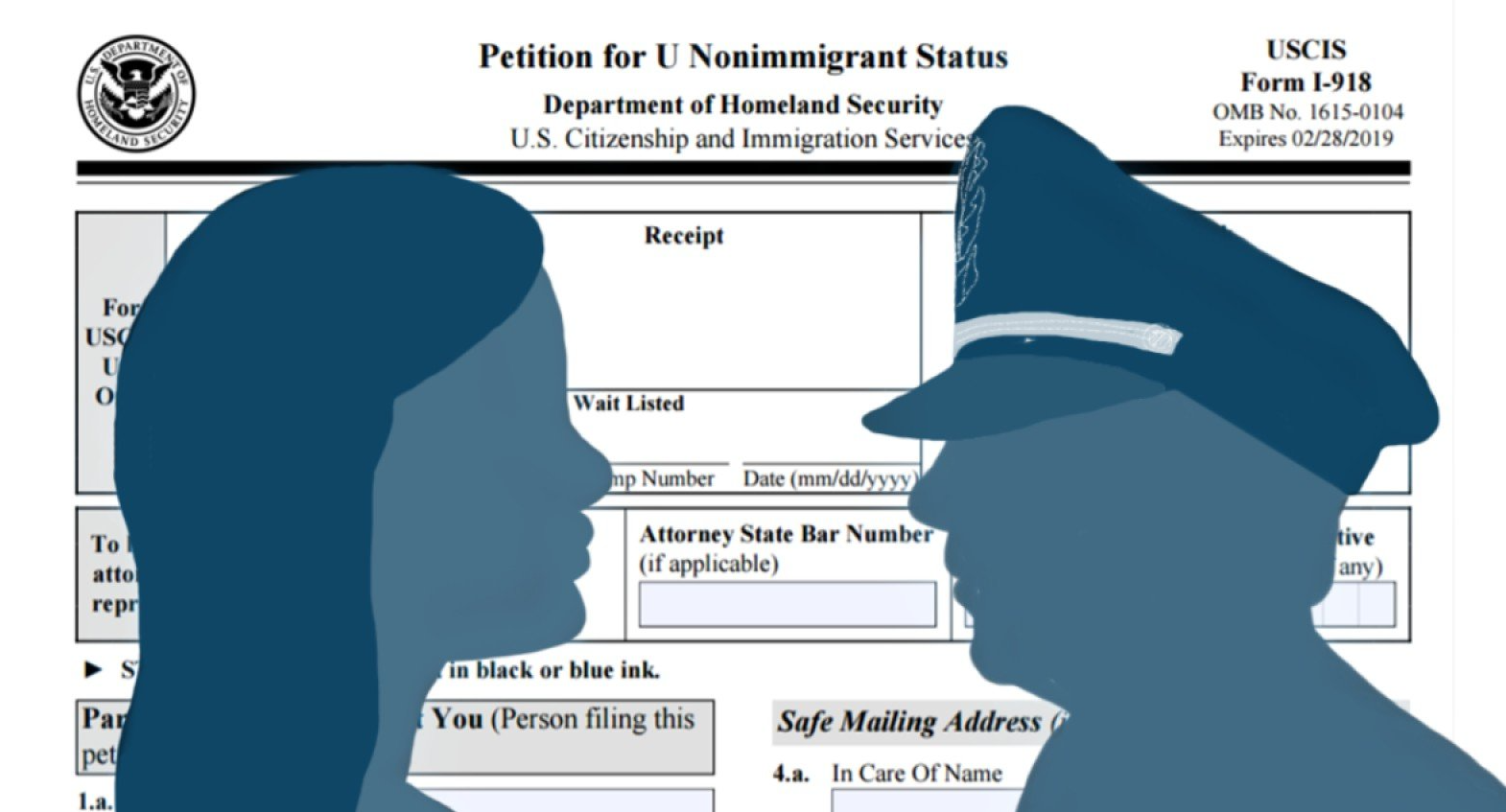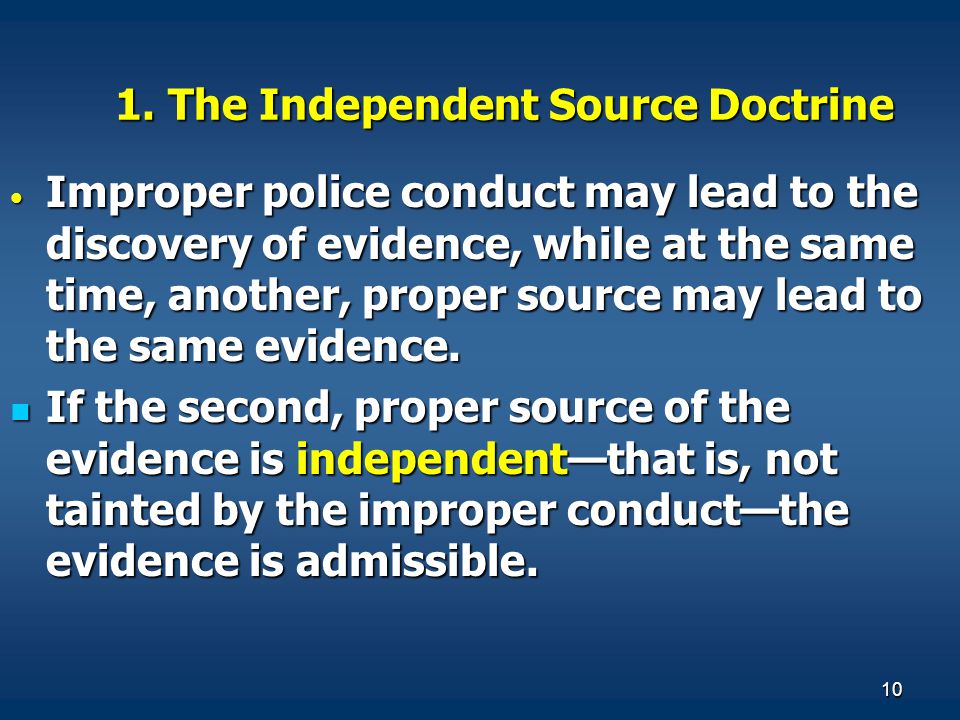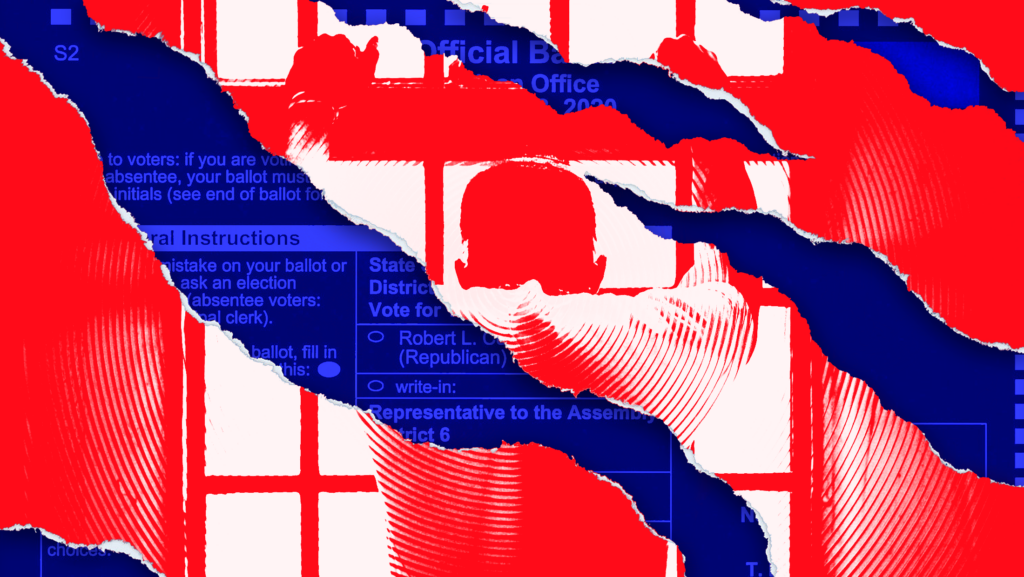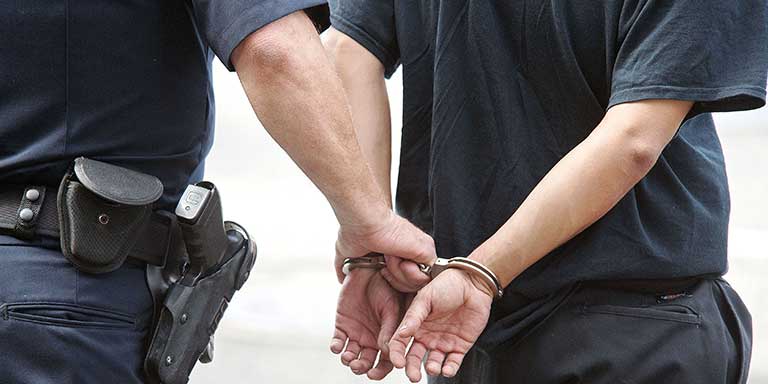
In State v. Bravo, No. 85030-0-I (February 18, 2025), the WA Court of Appeals held that prohibiting cross-examination into a victims’ pending U-Visa application may violate the defendant’s right to confront witnesses. Bravo is an important legal decision regarding whether a victim/witness seeking U.S. citizenship can be impeached at trial for assisting the prosecution in furtherance of gaining citizenship.
FACTUAL BACKGROUND
A jury convicted Mr. Bravo of a Sex Offense. At trial, Bravo sought to cross-examine the victim, M.H., about her and her family’s pending U-visa application. A U-visa grants temporary legal residence to a person who is the victim of a qualifying crime and who helps law enforcement investigate or prosecute that crime. Qualifying crimes include, among other things, Homicide, Kidnapping, Domestic Violence, and Drug Offenses.
The trial court limited Bravo’s cross-examination of M.H. to her knowledge at the time of her initial report to investigators—six years before her trial testimony. The court also prohibited cross-examination of M.H.’s sister, L.H., as to their immigration status. On appeal, he argues that exclusion of the U-visa evidence violated his state and federal constitutional rights to confront witnesses.
COURT’S ANALYSIS & CONCLUSIONS
The Court of Appeals (COA) began its analysis by saying both the United States and Washington State Constitutions guarantee a defendant’s right to present a defense and to confront the witnesses against them.
“The primary and most important component of the confrontation right is the right to conduct a meaningful cross-examination of adverse witnesses,” rerasoned the COA. “Cross-examination is designed to expose a witness’s bias has long been recognized as particularly important because it reveals a witness’s motivation in testifying.”
However, the COA emphasized that the right of confrontation does not give the defendant an absolute right of cross-examination. Judges have wide latitude to impose limits on cross-examination. These limits are based on concerns including harassment, prejudice, confusion of the issues, the witness’ safety, or interrogation that is repetitive or only marginally relevant.
“Inquiry into the U-visa may not have necessarily revealed that M.H. outright invented the allegations. Rather, the structure of the U-visa program can encourage some victims to be as helpful as possible to the prosecution in order to obtain citizenship. This could have motivated either M.H. or L.H. to embellish their stories and allegations. The evidence was relevant.” ~WA Court of Appeals
Consequently, the COA held that the trial court erred in prohibiting the cross-examination of M.H. and L.H. about their U-visa status.
Next, the COA addressed whether the trial court’s error to prohibit cross-examination of the witnesses’ U-visa status was harmful:
“The State’s closing argument emphasized that M.H. and L.H. demonstrated no bias and had no motive to fabricate. But Bravo was not able to cross-examine and expose any motive for bias or motive to fabricate, so the jury was unaware of their motives. Because of the State’s closing argument, lack of corroborating evidence, and inconsistencies in testimony, assuming the damaging potential of cross-examination were fully realized, we cannot nonetheless say that the error was harmless beyond a reasonable doubt.” ~WA Court of Appeals
With that, the COA reversed Bravo’s conviction and remanded for a new trial.
Please contact my office if you, a friend or family member are charged with a crime. Hiring an effective and competent defense attorney is the first and best step toward justice.














